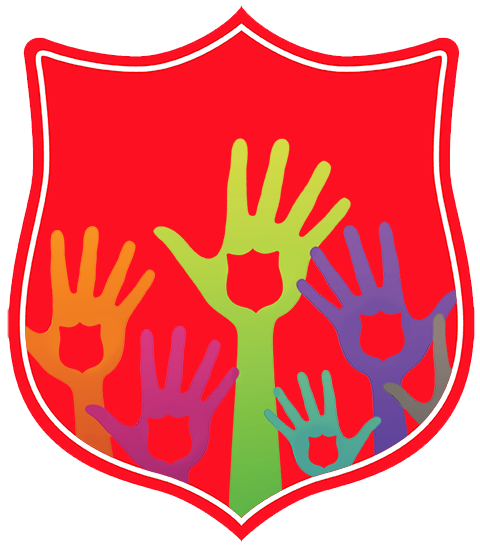
Winter Preparedness
Driving
Bad weather affects all roads, no matter how well they may be constructed. While driving in bad weather, you should be more cautious and certainly reduce the speed of your vehicle on slippery roadways.
Below are some examples of precautions to take in inclement weather:
- Take extra precautions on hills. Brake over the top of blind hills at a speed that will permit you to bring your vehicle to a stop safely in case the highway ahead isn’t clear.
- If you are going on a long trip, make sure you get plenty of rest beforehand. Many over-the-road truck drivers keep a window slightly open to allow fresh air to enter the vehicle. This practice can assist in keeping you awake on a long drive.
- If conditions get too hazardous to proceed, don’t be afraid to pull off to the side of the road (at the first safe location) and wait until conditions improve enough to proceed.
Survival Kit for Vehicle:
Here are some items all drivers should consider placing in their vehicle during the winter months:
- Shovel
- Windshield scraper
- Flashlight (w/ extra batteries)
- Flashlight (w/ extra batteries)
- Water
- Snacks
- Extra clothing, including gloves and hats
- First Aid Kit
- Salt, sand or cat litter for traction
- Booster cables
- Cell phone charger
Tips for Shoveling Snow:
My favorite!! We all love that early morning wake up call to start the day by shoveling the driveway.
- Choose a snow shovel that is right for you.
- Push the snow, do not lift it. Pushing puts far less strain on the spine than lifting.
- Be sure to warm up your muscles before shoveling.
- Lifting position, lift with your legs not your back.
- Never remove snow all at once. Remove layer by layer to reduce heavy strain.
Working Outdoors in the Cold:
The most common cold induced illnesses are:
Hypothermia - occurs when body heat is lost faster than it can be replaced and the normal body temperature drops to below 95 degrees. Symptoms of hypothermia are loss of coordination, unable to walk or stand or disorientation. Reaction should be:
- Call 911 and move person to warm, dry area
- Remove wet clothes
- If help is more than 30 minutes away, give warm sweetened drinks if alert
- Place warm bottles or hot packs in armpits, sides of chest and groin
Frostbite - an injury to the body that is caused by freezing of the skin. Symptoms include gray/white patches of skin, numbness and blisters. Reaction should be:
- Do not rub the area
- Do not apply snow or water
- Loosely cover and protect the area from contact
- Do not try to warm the area
Safety Tips for Workers:
- Dress properly for the cold
- Stay dry in the cold because moisture or dampness (from sweating) can increase the rate of heat loss from the body
- Keep extra clothing handy
